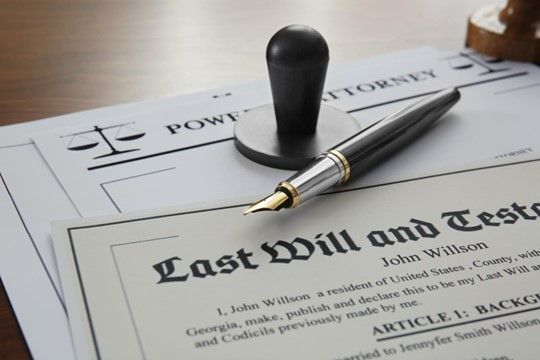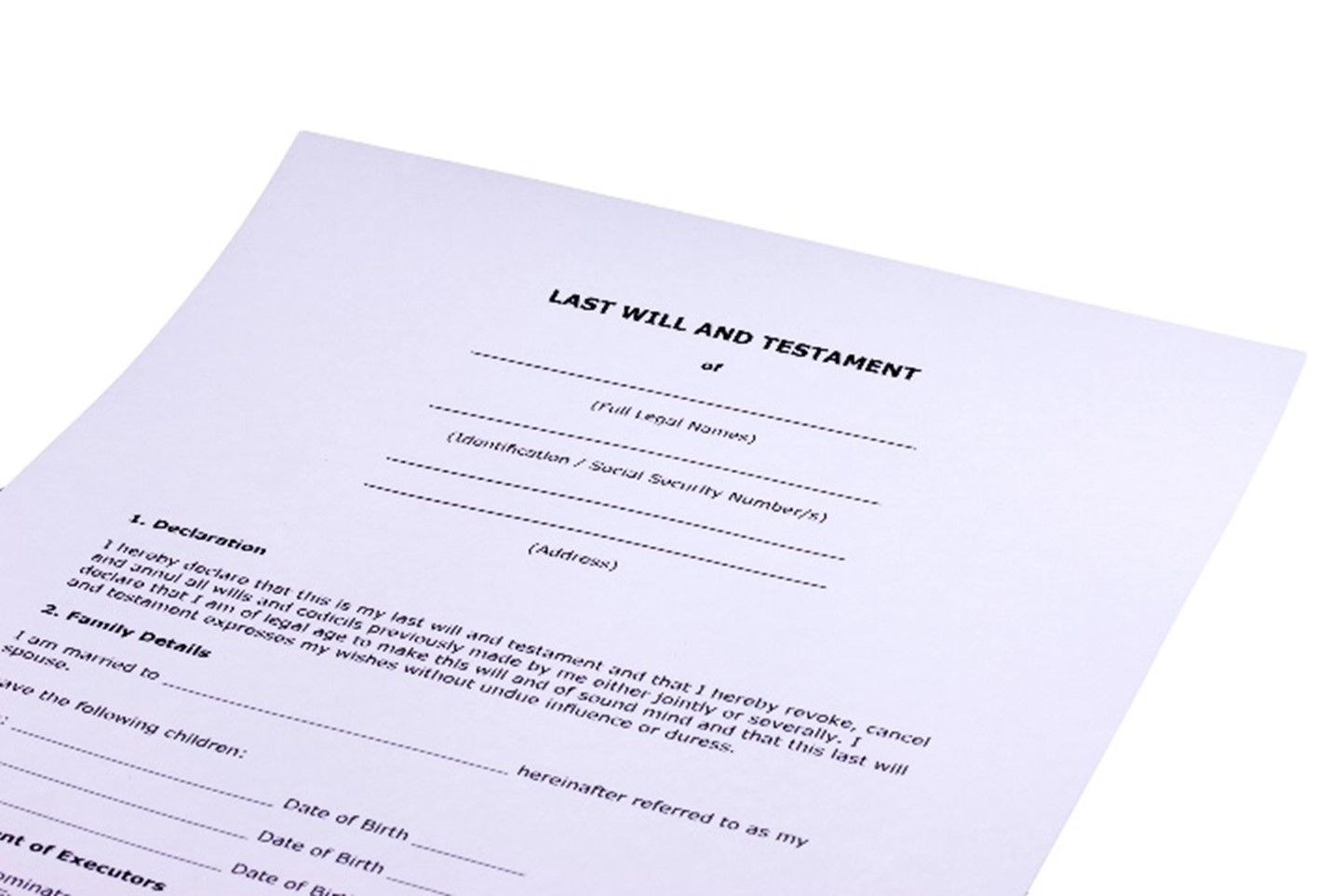Nevada estate planning: some frequently asked questions
These frequently asked questions about estate planning could address some of your concerns about this important process.
When it comes to estate planning, most people have questions. Some may wonder if it’s necessary at all, particularly if they have a more modest estate, while others may be unsure about what options there are to meet their estate planning needs. Still others might want to know how to handle special situations like naming guardians for their children.
No single article will adequately address all the concerns you may have about estate planning, but these commonly asked estate planning-related questions can help get you started. To learn more about protecting your assets and providing for your loved ones, contact the experienced estate planning attorneys at the Las Vegas law office of Escobar & Associates Law Firm, Ltd.
Q. Do I need an estate plan?
A. Simply put, yes. Even if you aren’t wealthy, having at least a basic will can still protect your assets from state and federal estate taxes and might help your loved ones avoid the probate process. Wills are also helpful to set aside individual assets for children of previous marriages and to make specific bequests to loved ones or charitable organizations.
Q. How is a trust different from a will?
A. Whereas a will is an expression of your intent when it comes to your assets and last wishes, a trust is a legal vehicle used to protect those assets and provide terms under which the assets will be distributed. For example, your will may state that you want your oldest child to inherit your share in the family business. A trust could be set up that, in the event you pass away before your child is old enough to take control of the business, transfers your interest to your child once he or she reaches age 21.
Q. What is probate, and why would you want to avoid it?
A. Probate is a specific legal process designed to handle estate-related matters. Probate courts are responsible for administering wills and trusts, handling will contests, deciding trust litigation and making determinations on other key issues. In general, probate can be a time-consuming and exacting process, with even basic estates taking 120 days or more to complete. Larger, more complicated estates can take months or even years, and can involve much more time and money.
Q. How can I name a guardian for my children or special needs loved ones?
A. The estate planning process isn’t just about assets. Estate planning tools can be used for other purposes as well, such as setting out terms for guardianship of children or vulnerable adults. Guardianship is the process by which someone is assigned to provide care for and make decisions on behalf of another person, typically a child or adult with special needs (someone with an incapacitating illness or developmental disability).
Guardianship in Nevada can also apply to estate holdings; you can name a guardian to accept responsibility for making financial decisions on behalf of another, including those relating to bank accounts, paying bills, managing real estate and running a business.
Q. How do I protect my hard-earned assets?
A. Asset protection is often the number one goal of people when they begin the estate planning process. You have worked hard for your money; why shouldn’t you take steps to protect it? Estate plans can be structured to avoid expensive estate taxes, prevent disqualification from key government benefits (like Medicare or Medicaid that could be used to pay for long-term care) and ensure that future generations will reap the financial benefit of your hard work by holding assets in a conditional trust.






